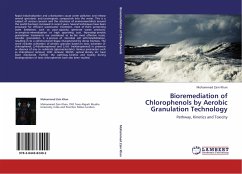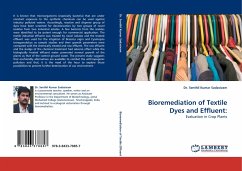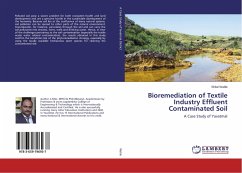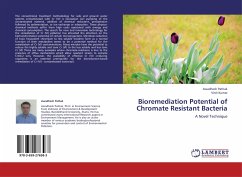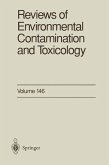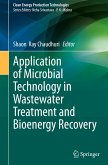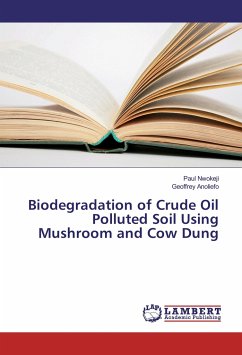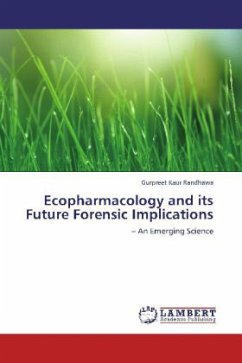Rapid industrialization and urbanization cause water pollution and release several genotoxic and carcinogenic compounds into the water. This is a subject of serious concern and the attention of environmentalists around the world has been increased in recent years. Several techniques have been proposed for efficient wastewater treatment, most of them presenting some limitations such as poor capacity, generate waste products, incomplete mineralization or high operating cost. Nowadays aerobic granulation treatments are considered to be the most effective route. Aerobic granulation is a process of microbial cell self-immobilization, resulting in to a cell-structured shape characterized by dense biomass. The work includes cultivation of aerobic granules based on toxic substrate (2- chlorophenol; 2,4-dichlorophenol and 2,4,6- trichlorophenol) in presence or absence of any co- substrate (glucose/acetate). Various parameters such as chlorphenol removal, COD removal, MLVSS, optical density etc have been monitored. Further the pathway, kinetics and toxicity during biodegradation of toxic chlorophenols have also been studied.
Bitte wählen Sie Ihr Anliegen aus.
Rechnungen
Retourenschein anfordern
Bestellstatus
Storno

